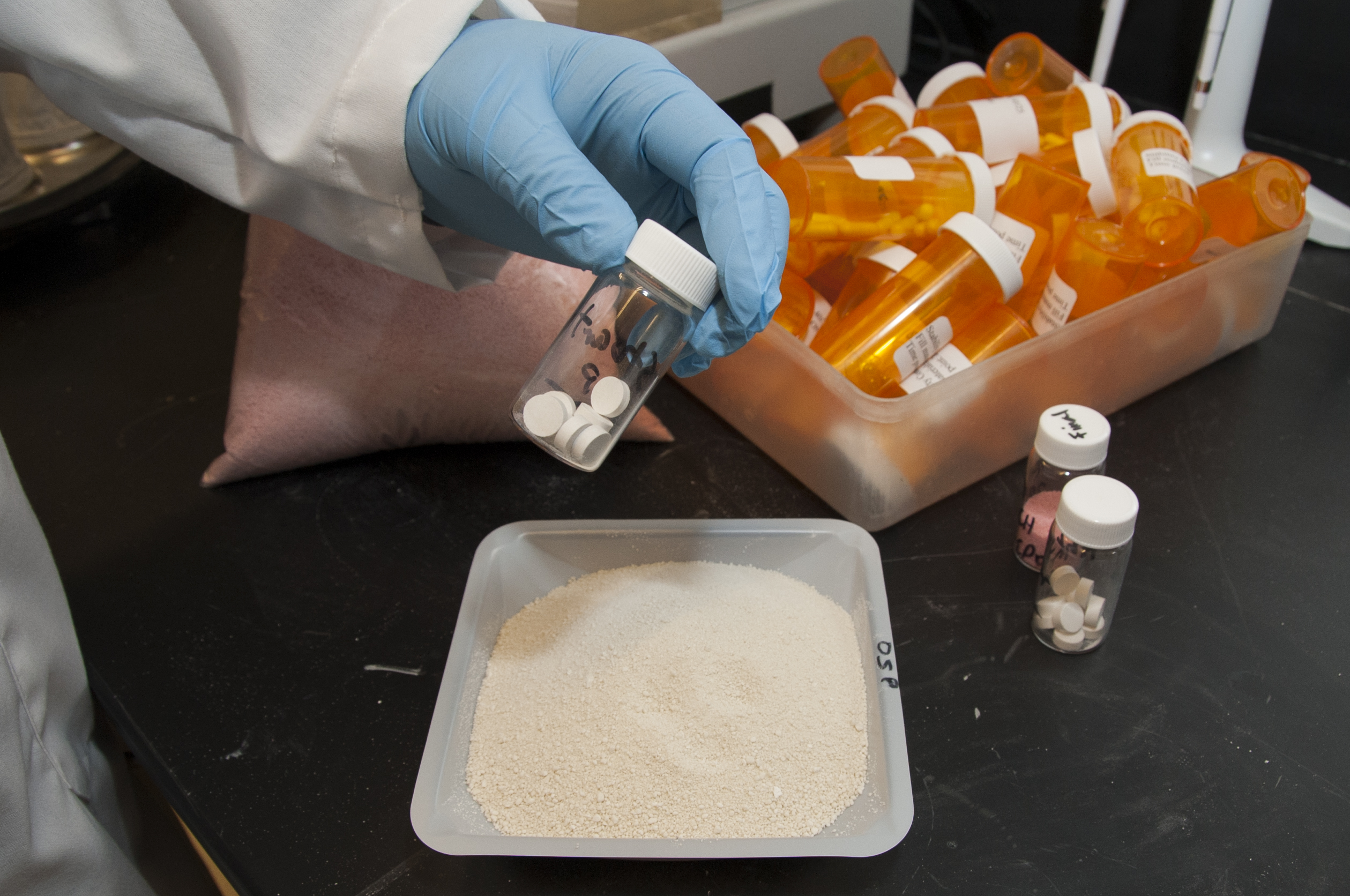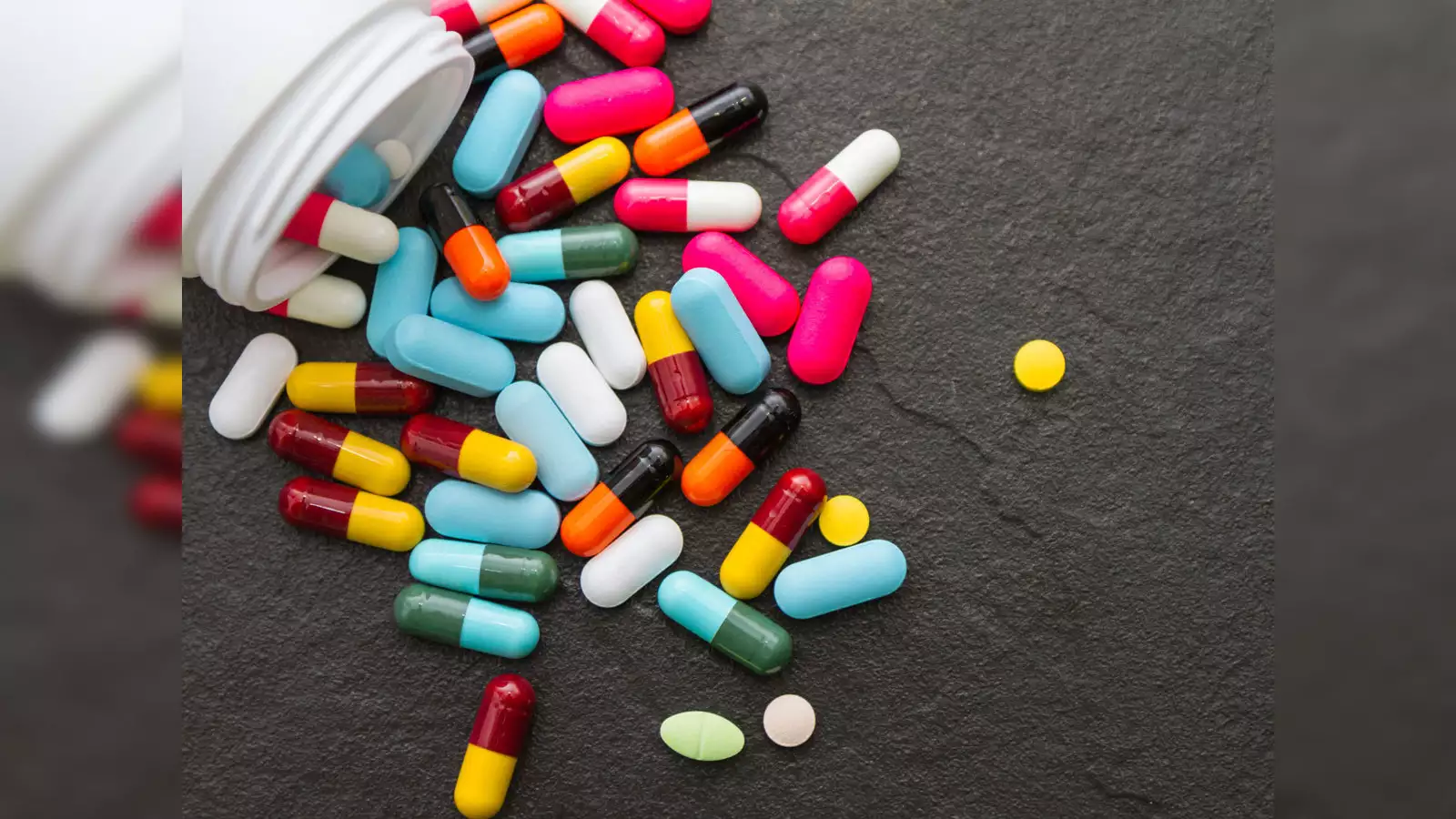In a groundbreaking move, physicians have divulged the intricacies of their financial investment in a pivotal clinical trial, disclosing a stark contrast to the exorbitant figures often touted by pharmaceutical giants.
Médecins Sans Frontières (MSF) has launched a challenge to the pharmaceutical industry, urging transparency regarding trial costs, a sphere long shrouded in secrecy.
The revelation comes as MSF discloses its expenditure on landmark trials for a four-drug combination therapy targeting drug-resistant tuberculosis (TB), totaling €34m (£29m).
Traditionally, estimates for research and development (R&D) of new medicines have ranged widely from €40m to a staggering €3.9bn. Such inflated figures have historically served as justification for the soaring prices of new medications.
Yet, the lack of transparency surrounding trial expenses has perpetuated this narrative. MSF contends that this opacity must cease, advocating for open disclosure of costs.
To facilitate this, MSF has introduced a toolkit for trialists, categorizing expenses to allow for comprehensive cost analysis throughout the lengthy trial process.
Push for Pricing Transparency Around Drug Development Puts Pressure on Pharmaceutical Giants

The TB Practecal trial, spearheaded by MSF, marks a pivotal milestone in combating drug-resistant TB, a disease that has posed significant challenges in middle and low-income countries.
With traditional TB drugs losing efficacy, the outlook for patients has been bleak. However, MSF’s trial, which includes the groundbreaking drug bedaquiline, has heralded newfound hope. The success of this trial prompted the World Health Organization (WHO) to endorse the six-month treatment regimen, now adopted in 40 countries.
The narrative surrounding drug pricing is also undergoing scrutiny, with MSF highlighting the critical role of transparency in R&D costs.
By disclosing their trial expenses, MSF aims to empower governments and communities to engage in informed discussions on pricing, ultimately striving for universal access to life-saving medications.

While the pharmaceutical industry contends that the average cost of developing an approved drug ranges from $2.2bn-$3.2bn, MSF’s revelations challenge this narrative. With an annual investment of $200bn in R&D, the industry faces mounting pressure to ensure the affordability and accessibility of medications worldwide.

In essence, MSF’s call for transparency signals a paradigm shift in the pharmaceutical scenario, emphasizing the need for accountability and equity in drug development and pricing.
As the discourse unfolds, the imperative remains clear: medical innovation must not be hindered by exorbitant costs but rather fostered through collaboration and transparency.







Leave a Reply